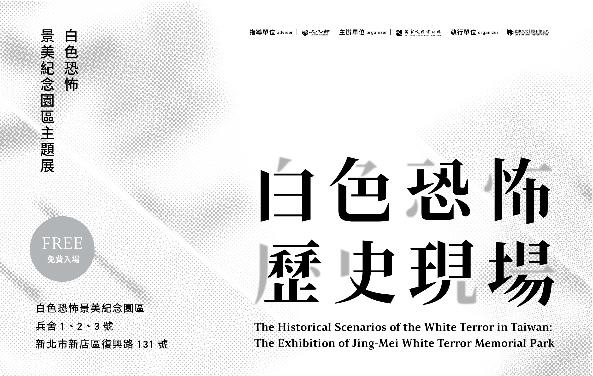Means Without End Means Without End Date: Saturday 28 May 2022 to Sunday 17 July 2022 Time: Open 11am to 5pm Wednesday to Saturday, and 1pm to 5pm on Sundays Location: Counihan Gallery, 233 Sydney Road (inside Brunswick Town Hall), Brunswick 'Means Without End' offers a unique opportunity to view two recent projects by artist Hoda Afshar side by side. 'Remain' (2018) is a series of photographic portraits of men who were detained on Manus Island. The collaborative project involves these men retelling their individual and shared stories through staged images, words, and poetry. 'Agonistes' (2020) is a tribute to whistle-blowers who have spoken out in the name of truth and justice. They did so at a terrible personal cost. Hoda Afshar was Born in Iran and is now based in Narrm (Melbourne). She began her career as a documentary photographer. This influences her poetic investigation into the representation of gender, marginality, and displacement. Afshar is also a member of Eleven, a collective of contemporary Muslim Australian artists, curators, and writers. Eleven challenges the current politics of representation and power. Suitable for This exhibition includes video and sound content. Because of the varied sensory experience on display, this exhibition may be a difficult environment for visitors who experience sensory overload. Content note: This exhibition includes mentions of suicide, abuse and mental health issues. Contact Counihan Gallery Phone: 03 9389 8622 Email: CounihanGallery@moreland.vic.gov.au Further information For exhibition updates you can follow the Counihan Gallery Instagram Page. You can also go to the Counihan Gallery Facebook pagethe Counihan Gallery Facebook Page. Hoda Afshar is represented by Milani Gallery. To find out more, visit the Milani Gallery website. There is a Counihan Gallery Learning Resource to accompany this exhibition. To download your copy, visit our Learning at the Counuhan Gallery Page. Means Without End is in the New Gallery.


FIHRM-ASIA PACIFIC
TO PROMOTE KNOWLEDGE OF AND RESPECT FOR HUMAN RIGHTS IN ASIA PACIFIC, THROUGH ACTIONS IN MUSEUMS.
Join Us


FIHRM-ASIA PACIFIC
TO PROMOTE KNOWLEDGE OF AND RESPECT FOR HUMAN RIGHTS IN ASIA PACIFIC, THROUGH ACTIONS IN MUSEUMS.
Join Us

FIHRM-ASIA PACIFIC
TO PROMOTE KNOWLEDGE OF AND RESPECT FOR HUMAN RIGHTS IN ASIA PACIFIC, THROUGH ACTIONS IN MUSEUMS.
Join Us



